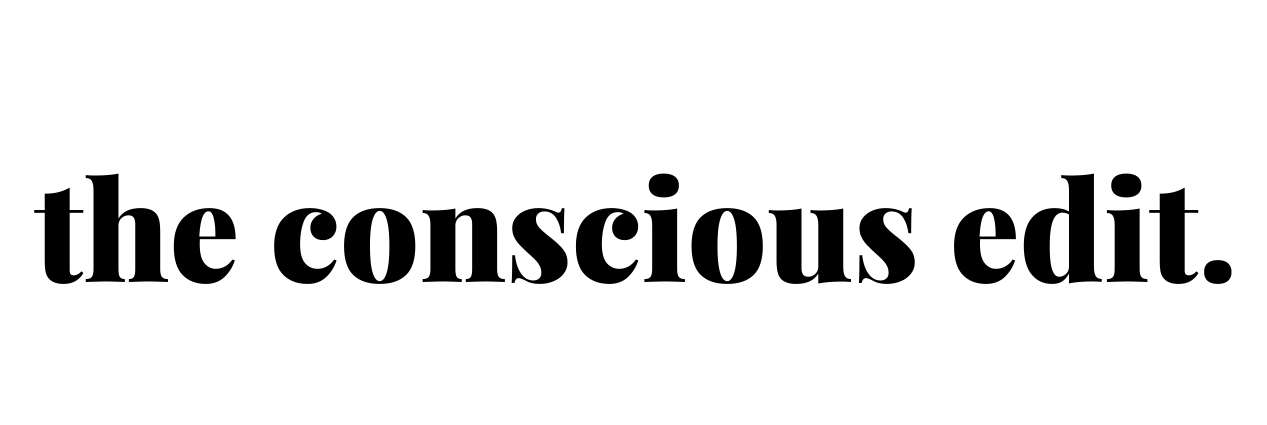
Many of us are most often very conscious of what we put inside our bodies by eating healthily but also looking at whether our food has been grown/produced locally and whether it’s an organic product free from chemicals. But what we chose to put on our bodies, on our skin, doesn’t alway get the same attention and thought.
When looking at key things I want to change and improve in 2017, it’s definitely to be more conscious of what I put on my skin and how these products are made. I’ve never been one to excessively use beauty products and haven’t spent much time figuring out what I ought to be using. But there was a Body Shop in the town where I grew up in the north of Sweden and my mum often used to take me and my sister so I got introduced to their ethics at an early age. And it has stayed with me to the extent that I’ve never really bought any beauty products from anywhere else. Until L’Oréal bought them. They still do loads of good, but their ethos didn’t feel as genuine anymore and I’ve started looking elsewhere for smaller brands with stronger credentials.
Below are five things I try to look for to be a more conscious beauty shopper.
Natural ingredients. Chemicals, fillers and artificial colours can irritate the skin, and since our skin is our largest organ we really should treat it better. Toxic synthetic chemicals are included in most mainstream brands’ products and even though we often don’t know what they’ll do to us longer term or if they actually do us any harm, taking the risk seems unnecessary. Imelda Burke, founder of London natural beauty shop Content Beauty & Wellbeing, includes useful insight and helpful tips on ingredients to look for in her recent book The Nature of Beauty – definitely worth a read.
Earth-friendly. When ingredients are farmed and produced organically, we can be ensured the earth hasn’t suffered as it would from synthetic products. The chemicals from these products end up in the air and in our waters, through the manufacturing process as well as down the drain in our homes after we’ve had a shower using a synthetic shower gel for example. This is particularly a problem when it comes to products using microbeads, small pieces of plastic found in things like scrubs and toothpaste, as they enter the food chain when ending up in the ocean and get eaten by fish, but many countries, such as the UK are now banning these products. To help avoid plastics, steer clear of ingredients such as polythylene, polypropylene and polymethylmethacrylate. Instead, look for products including natural ‘scrub’ ingredients like the cobnut scrub from Mitchell and Peach in the picture above.
Less is more. Beauty ads tell us we need an abundance of products but this obviously isn’t true. What we need are some key products that keep us clean and moisturised, and perhaps a few extra for an added glow, but that’s essentially it. They don’t last forever (check the product’s label to see how many months it’ll last from you opening it) so sticking to a smaller number (of appropriate sizes) means you can finish them in time, rather than having to waste them because you had too many and haven’t had time to use them all before they expired. And, even though it may seem obvious, staying healthy by eating your 5-a-day and going for walks in the fresh air, will keep your natural beauty game on point, which subsequently means you won’t feel as though you need loads of products to stay looking fresh.
Sustainable packaging. Following on from the above point, where less products also mean less waste, when you do need to buy products, look for those in sustainable and recyclable packaging, such as glass bottles and soap wrapped up in paper. To avoid any waste you can also explore creating your own beauty products with things you’ve already got at home such as oils, honey and vinegar (a quick search online will give you loads of recipes and tutorials).
Ethical labour. Where was the product made? Who made it? Have they been paid fairly? What does the supply chain look like? Ask questions to help you make more conscious purchases – knowing where and how a product has been made makes it that much better. My current handwash favourite is from The Soap Co.* where products are produced from natural ingredients and packaged in recycled and recyclable packaging. But their ethics don’t stop there. The Soap Co. is also a social enterprise that provides training and employment for people who are visually impaired, have disabilities or are otherwise disadvantaged.
